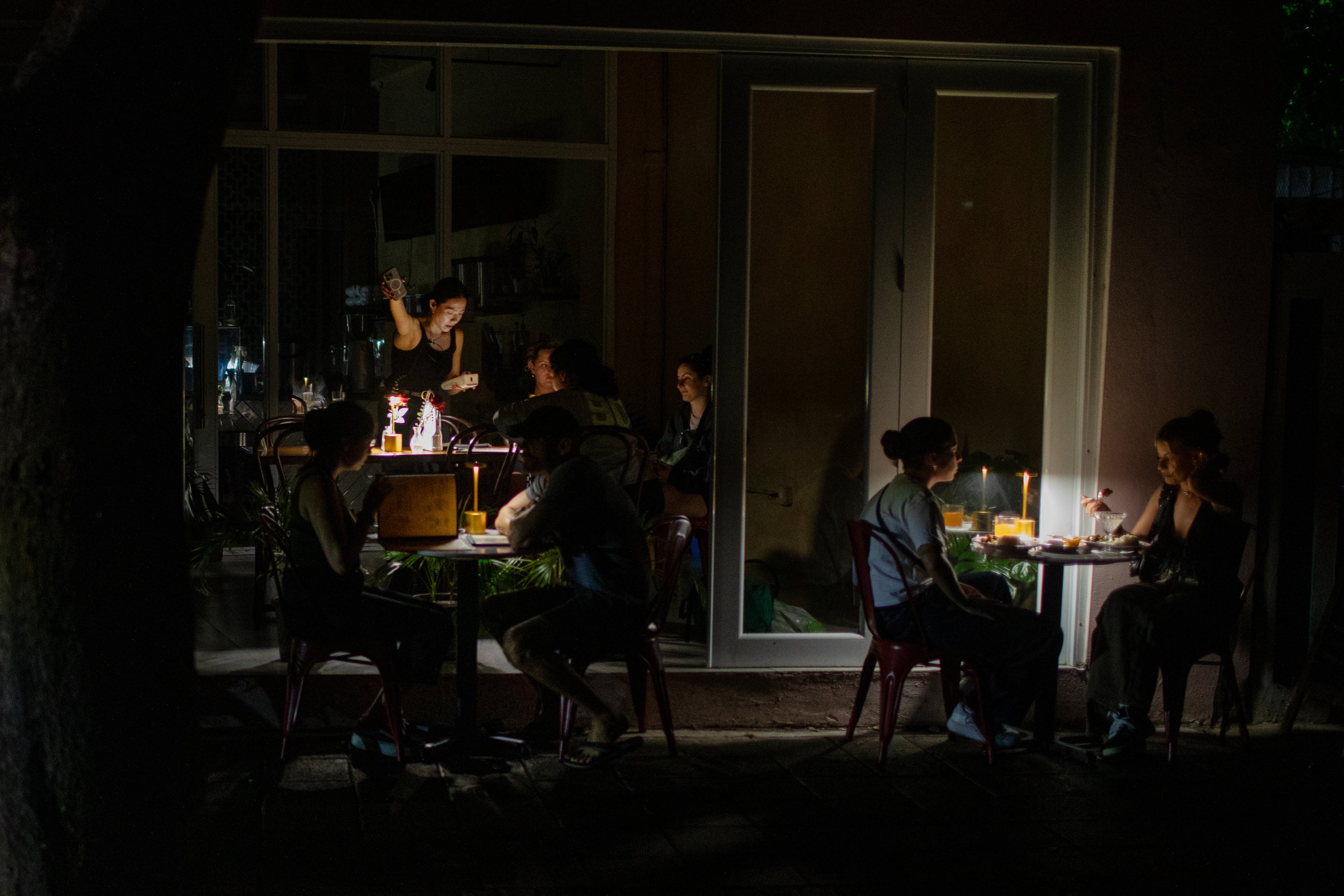ARTICLE AD BOX
Power outages left tens of millions of people in Spain and Portugal in the dark on Monday.
The blackouts shut off phone service and traffic lights, stopped trains, and cut off water access for U.S. Open champion Coco Gauff following her win at the Madrid Open, along with countless others.
Hospitals and other emergency services switched to generators, and gas stations stopped working. The outage also briefly impacted France, and there were reports of an internet disruption in Morocco.
The cause of the outages remains under investigation, and officials with Portuguese energy company Redes Energéticas Nacionais have denied reports that it was tied to an “atmospheric phenomenon,” according to The New York Times. Spanish President Pedro Sánchez has urged people not to speculate.
“For about six hours, we were completely isolated, unable even to make calls for information,” Michael Basquill, a resident in Torremolinos, told The Independent. “It was a total guessing game as to what was happening.”

Spanish utility Red Eléctrica and Redes Energéticas Nacionais, or REN, said managers were working to restore power to affected areas. For some, the wait may still be several hours.
It was the second European outage in fewer than six weeks. In March, a fire shut down the United Kingdom’s Heathrow Airport. The fire also came as authorities across Europe warned of Russian actors.
“At this point, there are no indications of any cyberattack,” António Costa, the president of the European Council, wrote in a post on social media.
So, could something such as this happen in the U.S.?
The short answer is yes.
The contiguous states are connected through three main power grids: the Eastern Interconnection for states east of the Rocky Mountains, the Western Interconnection covering the Pacific Ocean to the Rocky Mountain states, and the Texas Interconnected system. Within each of the regions, there are local electricity grids. Many of these grids are outdated, although there have been efforts to strengthen resilience in recent years.
Still, there is no shortage of threats to the systems Americans rely on. Some are even coming from space.
A solar eclipse can impact areas that rely on energy from the sun. It is also currently the sun’s solar maximum period, resulting in an increase in activity, including flares and coronal mass ejections. Every grid could see outages in the throes of a particularly vicious solar storm caused by one of these ejections.
The threat of cyberattacks here on Earth is also concerning. Last year, the North American Electric Reliability Corporation, a non-profit international regulatory authority, warned that the grids were becoming increasingly vulnerable to cyberattacks. The number of virtual weak points has grown, the regulator warned.

Furthermore, it cautioned that approximately half of the country is at increased risk of power supply shortfalls in the next decade, with infrastructure “not being built fast enough to keep up with the rising demand.”
Climate change — which is increasing the frequency and severity of life-threatening extreme weather events — is making fortifying grids even harder.
Hurricanes made stronger and faster by climate change are expected to cause more blackouts along the Atlantic coast and states bordering the Gulf of Mexico. In Puerto Rico, Hurricane Maria caused the largest blackout in America’s history. That was nearly a decade ago. Since then, the U.S. territory has struggled with chronic outages, including earlier this month.
Power demands to deal with regions’ rising thermostat and sweltering humidity are also increasing challenges for the power grid.
A study last year from The Washington Post showed a prolonged, citywide blackout with an even more acute heat wave could kill between 600 and 1,500 people in the Houston, Texas, metropolitan area over just five days. Without power issues, the same wave would lead to only around 50 deaths.
“I don’t think it’s likely — I think it’s an absolute certainty,” Brian Stone, director of the Urban Climate Lab at the Georgia Institute of Technology told the Post. “I think it’s an absolute certainty that we will have an extreme heat wave and an extended blackout in the United States.”
With reporting from The Associated Press









 English (US) ·
English (US) ·